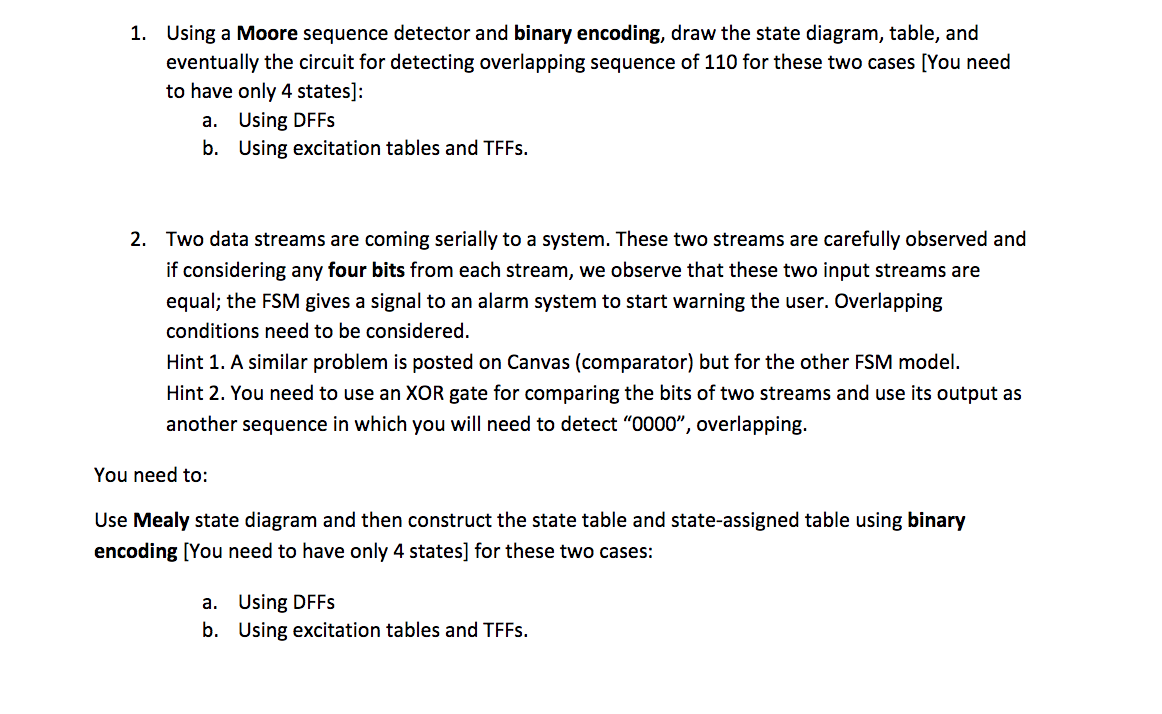
Let $X_1,\ldots,X_k$ be $k=2^/2^n &(1)&(1)&.86&.69&.50&.34&.20&.11&. If a, b are periodic binary se- quences with the same period T we say they are cyclically distinct if a b, for every shift with 0 < 110100 Example of a Binary Number There is no 2, 3, 4, 5, 6, 7, 8 or 9 in Binary Binary numbers have many uses in mathematics and beyond. So the 10-adic integers are not an integral domain what this means is that there are nonzero 10-adic integers whose product is zero. A sequence verconges to 0 if and only if it is eventually zero. Any time it ends with a sequence of 0 s, its in a reduction trap. A Binary Number is made up of only 0 s and 1 s. Perhaps all such sequences that are eventually zero verconge to zero and Perhaps all sequences verconging to zero are eventually zero It may not be 100 obvious, but this is in fact the case. We will use the word java as an example in order to explain how it is translated to a binary that the computer can understand. Any time our number ends with 0, its divisible by 2. The value can be converted into binary if you have the ASCII value. Consider a partition of a range from 1 to N, with K subsets represented as binary sequences: a value of 1 at index i in sequence j means that subset j contains the ranges value i. So the $10$-adic integers are not an integral domain what this means is that there are nonzero $10$-adic integers whose product is zero. Text and other data are converted to binary by using an ASCII value (American Standard Code for Information Interchange). Representing the occurrence of heads by 0 and tails by 1, we associate a binary string to each possible outcome of a successive coin-tossing experiment. $\forall v,w \in \mathbb_n$ is only an integral domain if $n$ is a power of a prime. In this post, we refer to the decimal-expansion-like things as " wumbers". In functional analysis and related areas of mathematics, a sequence space is a vector space whose elements are infinite sequences of real or complex numbers.Equivalently, it is a function space whose elements are functions from the natural numbers to the field K of real or complex numbers. I am struggling to define addition of objects which are similar to decimal-expansions. binary sequences that do not have the first bit set.

BINARY SEQUENCES WHICH ARE EVENTUALLY ZERO CODE



 0 kommentar(er)
0 kommentar(er)
